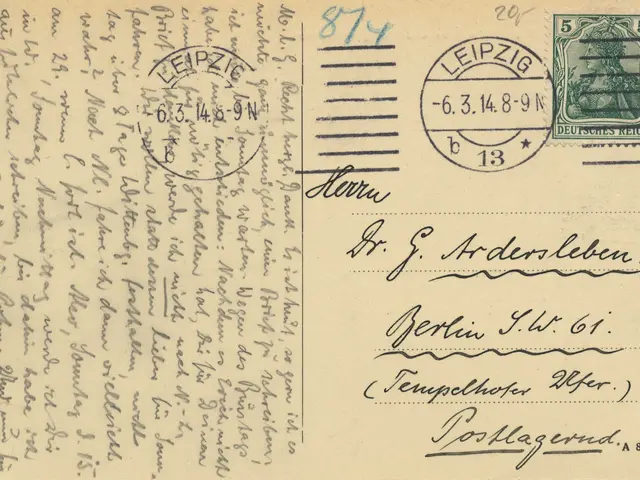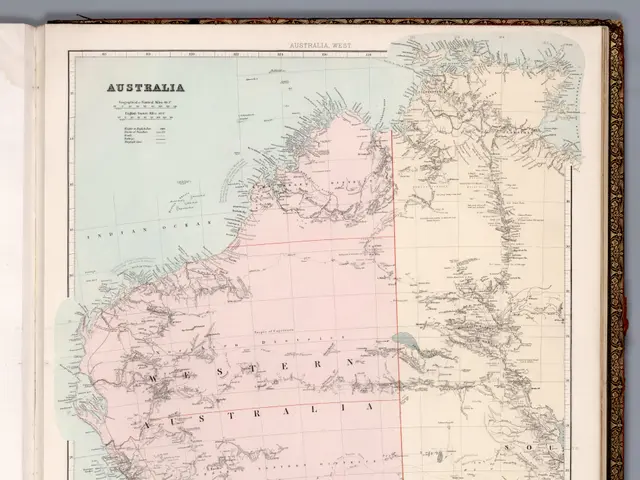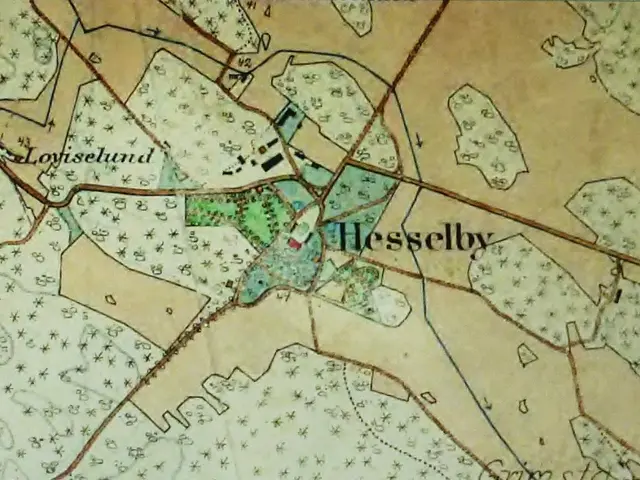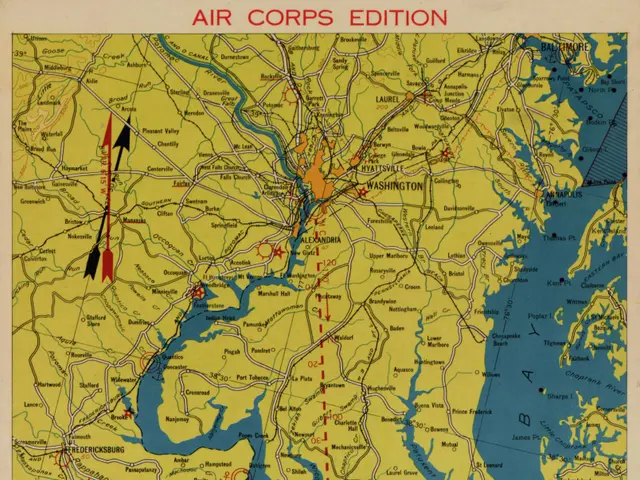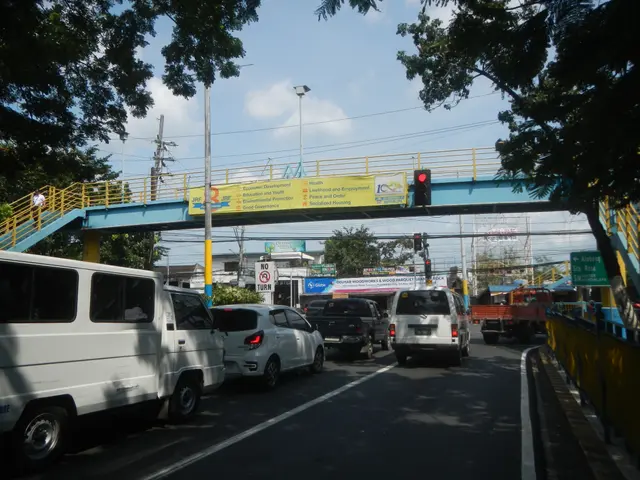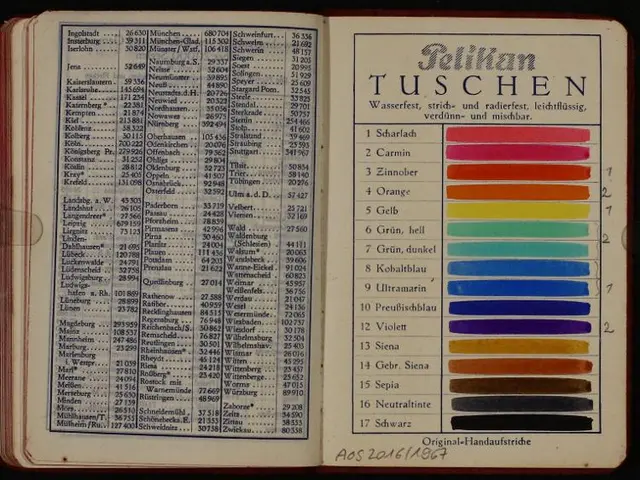The GOP's Plot for Selling Public Land: A Contentious Move or a Solution in Disguise?
Western Republicans Propose Public Land Auctions, Sparking Renewed Political Dispute
In a bold, controversial move, the Republicans have proposed a plan to sell potentially vast tracts of public land in Western states, primarily focusing on regions in Nevada and Utah. This plan is tucked away in a sweeping tax cut package, mirroring the Trump administration's view that public lands are to be utilized, not preserved.
This idea has long been a controversial topic in the West, where about half the acreage is under federal control. As cities in these areas sprawl across the open landscapes, they face rising demands for housing, water, and other necessities.
The plan, recently approved by the House Natural Resources Committee, involves the potential sale or transfer of approximately 460,000 acres (186,155 hectares) of federal land to local governments or private entities.
Silicon City Fernley's Golden Opportunity
The majority of the proposed land sale lies in Nevada, with the most significant contributions found in counties housing cities like Reno, Las Vegas, and the rapidly growing municipality of Fernley. Fernley City Manager Benjamin Marchant expressed optimism, stating the opportunity to purchase 12,000 acres (4850 hectares) of federal land at the edge of the community could be a game-changer for the city's growth.
Other parcels slated for sale include areas bordering Zion National Park and tribal lands, such as the Paiute Indian Tribe reservation in Utah and the Pyramid Lake Paiute reservation in Nevada. However, opponents argue it could shrink tribal land and potentially bring development right to their doorstep[1].
Stuck in a Landlocked Maze
Many communities near the proposed sale locations share a common problem: Their expansion is often curtailed by federal property, which makes up 80% of the land in Nevada and 63% in Utah. This "checkerboard" pattern of public and private holdings further complicates development efforts.
Affordable Housing: A Leaky, Expensive Dream?
While the plan aims to identify suitable lands in cooperation with local municipalities for affordable housing, housing advocates express concern about the lack of assurances regarding the land, or the quantity of land, being devoted to affordable housing projects. Critics argue the plan could amount to nothing more than a land grab, necessitating rigorous checks and balances[2].
The Interior Department's Bureau of Land Management has historically engaged in smaller land sales, but questions remain about the scale and implications of this proposal[3].
History of Resistance
Attempts to transfer large swathes of federal land to local or private entities have a lengthy history of resistance, particularly in Western conservatives' circles. Republican officials in Utah, for example, filed a lawsuit last year aiming to take over huge swathes of federal land, but it was ultimately rejected by the U.S. Supreme Court[4].
Amidst the heated political climate and environmental concerns, it remains uncertain whether this plan will become reality. A comprehensive understanding of the potential economic, environmental, and societal impacts on these regions is necessary to determine whether the sale would bring prosperity or cause irreversible damage.
- The sale of public land in western states, particularly in Nevada and Utah, as proposed by the Republicans, is a contentious move, sparking debates in the realm of environmental science, policy-and-legislation, and politics.
- In the rapidly growing municipality of Fernley, Nevada, the prospect of purchasing federal land is seen as a potential game-changer for local real estate and housing developments.
- Communities near the proposed sale locations often struggle with expansion due to federal property making up a significant portion of the land, creating a checkerboard pattern of public and private holdings that further complicates development efforts in the fields of transportation and infrastructure.
- Advocates for affordable housing express concerns about the lack of assurances regarding the quantity and quality of land being devoted to such projects, fearing that the plan may just be a land grab requiring rigorous checks and balances in both the government and the general news sectors.
- The proposed land sale includes areas bordering Zion National Park and tribal lands, such as the Paiute Indian Tribe reservation in Utah and the Pyramid Lake Paiute reservation in Nevada, raising concerns among opponents about the potential shrinkage of tribal lands and the development encroaching on these communities.
- The immense scale and potential implications of this proposed land sale compared to the Interior Department's historically smaller land sales have sparked questions and concerns across various domains, including climate-change, environmental-science, and the general news media.
- This plan has faced resistance in the past, particularly among Western conservatives, as seen in the lawsuit filed by Utah Republican officials last year to take over large swathes of federal land, which was ultimately rejected by the U.S. Supreme Court, raising questions about the future of the current plan in the face of heated political climate and environmental concerns.

